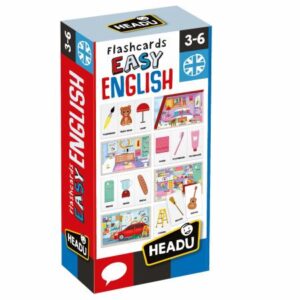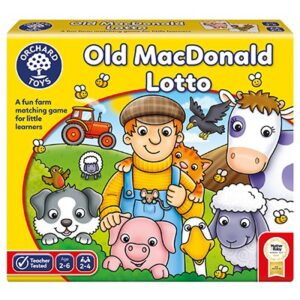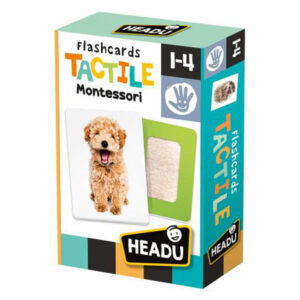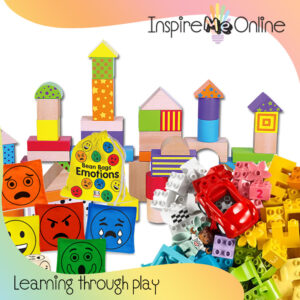The Power of Play in Speech and Language Development
Speech and language development is a journey, and play is one of the most powerful tools to support it. For children, play isn’t just about fun—it’s how they explore, understand, and communicate with the world. Through play, we see the foundation of language skills emerge, from simple sounds and gestures to complex conversations.
Speech /language development isn’t just about sitting in a chair and repeating words—it’s about engaging, exploring, and experiencing language in action. When children play, they don’t feel like they’re being “taught.” Instead, they’re actively building vocabulary, improving articulation, and strengthening social communication in a way that feels natural and enjoyable. With the right toys, learning becomes effortless, and progress happens through excitement and discovery.
One of my favourite approaches is using interactive books and sound-based games to encourage verbal expression. Paired with playful prompts, these can make practising articulation and fluency more engaging. Even simple activities, like blowing bubbles, can strengthen oral muscles for speech production while keeping a child motivated. Sensory-rich toys like pop tubes, kinetic sand, or textured balls help neurodivergent children regulate their responses, making speech learning a more positive experience.
For early language learners, chunky wooden puzzles featuring animals, vehicles, or everyday objects create fantastic opportunities for vocabulary-building. By pointing, naming, and mimicking sounds, children reinforce their word recall while developing crucial skills like turn-taking and joint attention. Likewise, story dice and pretend play sets (such as a doctor’s kit or a play kitchen) encourage storytelling, sequencing, and expressive language in a relaxed setting. These role-play scenarios help children move beyond single-word responses to full conversations, improving both their confidence and communication skills.
Even board games have their place in speech and language development! A matching or memory game helps develop listening skills, attention, and category sorting—all vital for processing and expressing language effectively. By integrating play into speech therapy, we’re not just helping children find their voices; we’re making learning an exciting, meaningful adventure.
So the next time you pick a toy, think beyond the play—it might just be the key to unlocking a child’s voice!
Nabeelah Kathrada
Speech Therapist & Audiologist
(BA) Speech and Hearing (WITS)(Hons); (MA) Speech Pathology (WITS)
www.nkspeechtherapy.co.za









Add comment